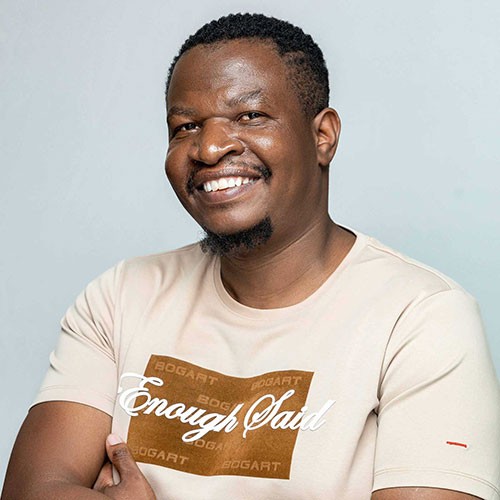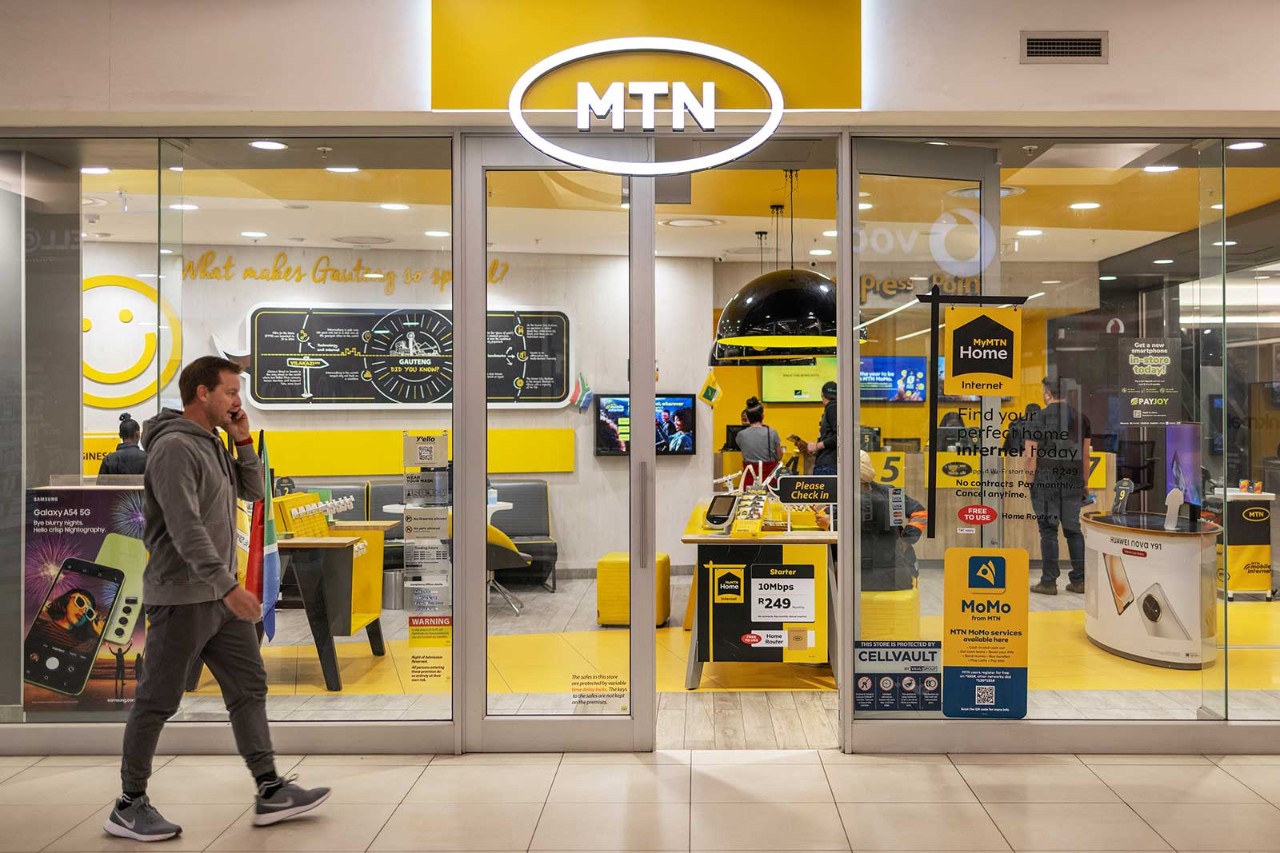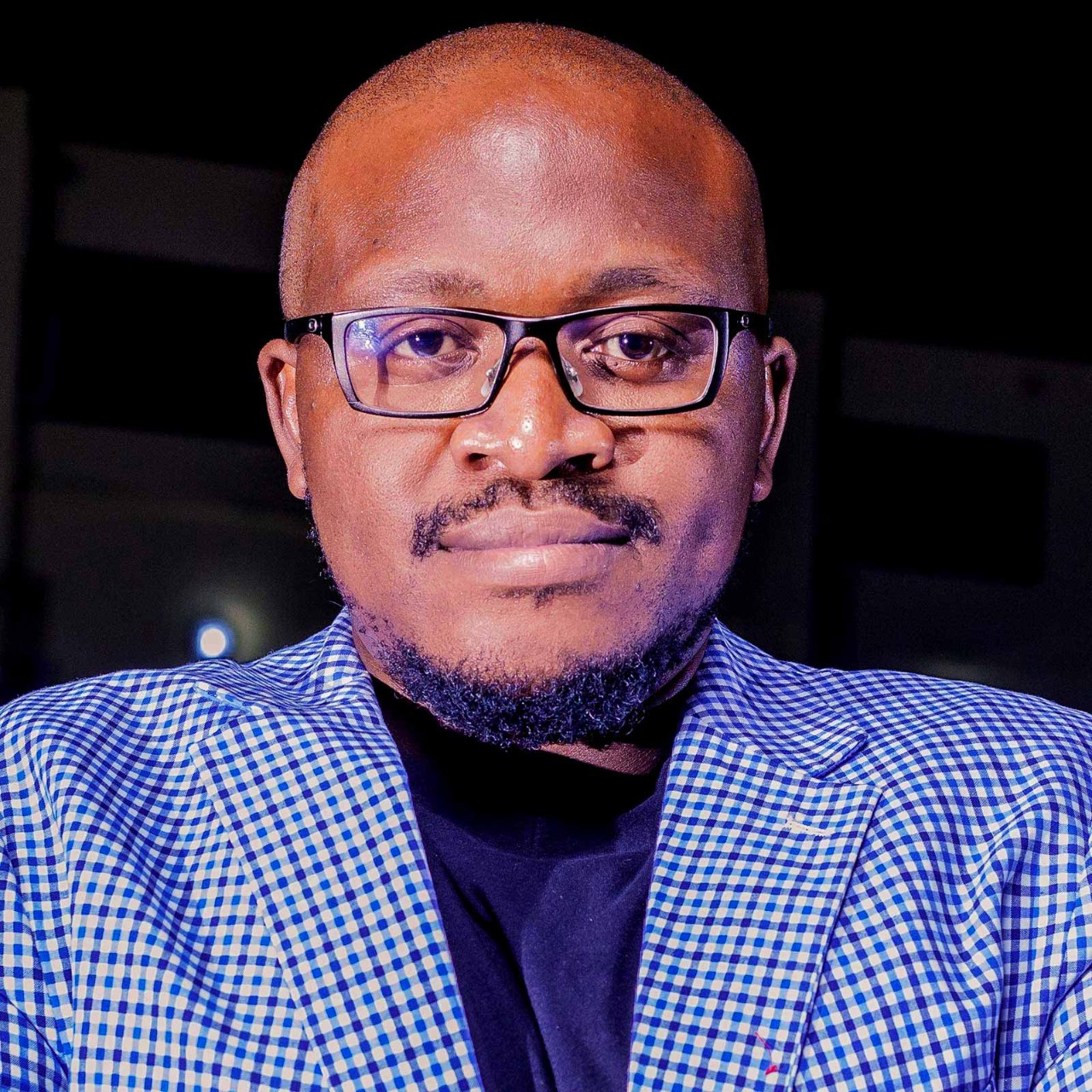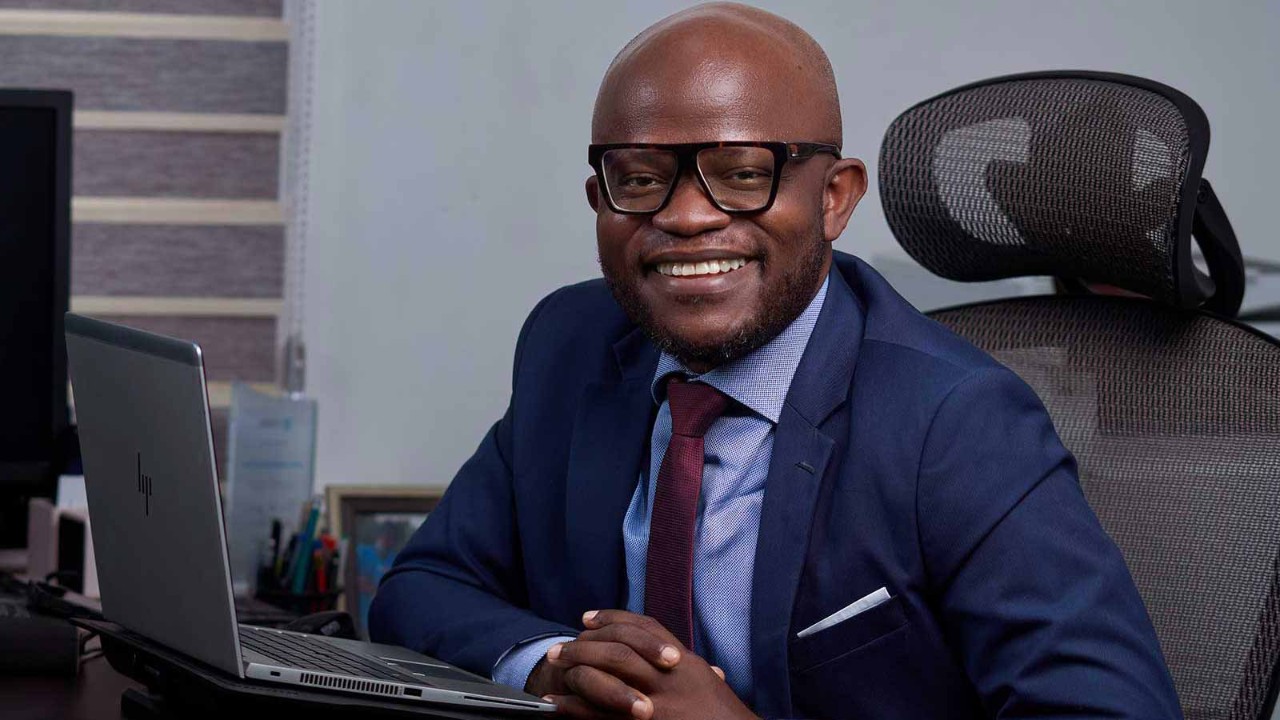
When he needs to relax, Felix Biga FCCA drives nine hours across Ghana to visit the cassava farm in which he owns a share. It’s a long trip from the Afrobarometer office in Accra, where he serves as chief operating officer, although in a sense he is simply switching from one kind of cultivation to another.
After all, what Afrobarometer does is to send researchers out into the field from Angola to Zimbabwe in order to harvest opinions and attitudes from Africans (see panel). The data thus gathered is used extensively by governments, civil society organisations and the African Union and also sustains the policy development of donors such as the EU, the World Bank and the Ford Foundation.
Sector hops
Felix has not always been in the information business. Before settling at Afrobarometer, he pursued a highly successful career first in practice, then in the corporate sector. ‘I made more money then,’ he says, ‘but in terms of impact, with the non-profit sector, and particularly Afrobarometer, I see my relevance not just in myself but in my work and the impact we have.’
‘I have been able to apply my knowledge in difficult contexts across Africa’
CV
2019
COO, Afrobarometer, Ghana
2017
Director of finance and administration, Ghana Center for Democratic Development
2012
CFO, Allterrain Services Group, Ghana
2005
Finance analyst, rising to finance manager for Ghana, Benin, Niger and Togo, British American Tobacco, Ghana and Nigeria
2000
Senior associate, PwC, Accra, Ghana
He joined Afrobarometer in 2019 following an accounting career that included a four-year stint at PwC, followed by a seven-year spell with British American Tobacco (BAT) during which he rose from cost accountant to finance manager for Ghana, Benin, Niger and Togo and ultimately finance director for BAT Ghana.
After BAT he spent five years with Allterrain Services, a mining services business with operations all over the continent. Brought in as CFO to prepare the company for sale, he overhauled accounting and internal controls and introduced a new ERP system.
‘I had the opportunity to apply my knowledge and skills in difficult African contexts, build relationships in all corners of the continent and mentor many young people,’ he reflects.
Integral part
In 2017, with Allterrain successfully sold, Felix began working as director of finance and administration for Ghana’s Center for Democratic Development (CDD), a thinktank that promotes democracy, good governance and inclusive economic growth. There he played a key role in building Afrobarometer, then a 20-year pan-African partnership, into a self-sustaining body. Felix was appointed chief operating officer of Afrobarometer, which last year celebrated 25 years of conducting surveys across the continent.
Signs of its success are not hard to find. In 2024, Afrobarometer received donations worth around US$8.6m. In the same year its website saw more than 222,000 downloads of its carefully curated data and analysis by university professors and students, non-profits and policymakers around the world. Surveys have included seeking public opinion on democracy and governance, sexual and reproductive health and rights, climate change and energy transition, the cost of living and poverty, access to justice, migration and globalism.
‘We have nurtured and built a dynamic, pan-African institution’
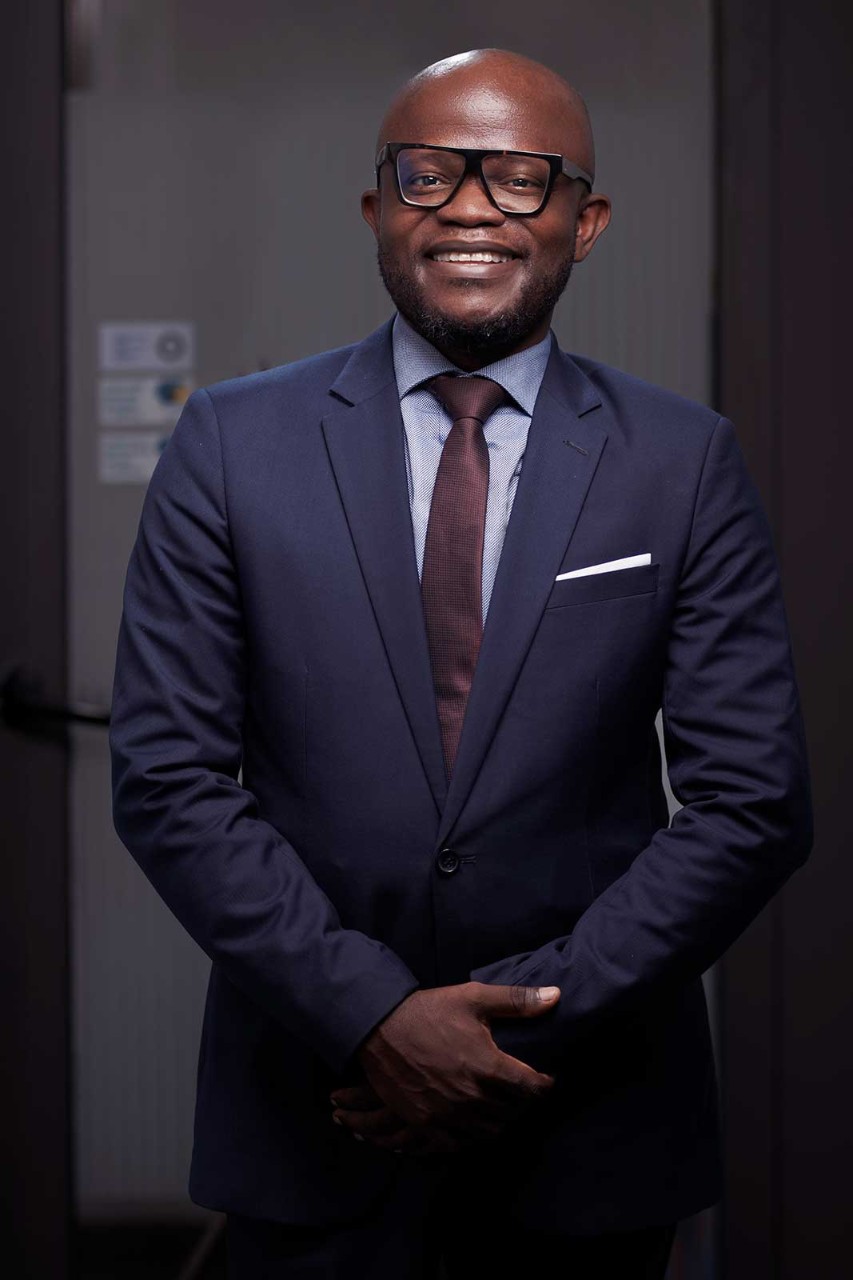
Afrobarometer – key facts
Afrobarometer is a research organisation that works with 42 partners in more than 40 countries across the continent to uncover the social and political attitudes and experiences of people wherever they may be found.
Funders include the Mo Ibrahim, Hewlett and Open Society foundations as well as countries such as Germany and Sweden. The UK used to be a supporter, but the flow of money from Westminster has dried up. So too has USAID support after the current White House effectively ended the agency’s work around the world.
Felix gains deep pride and fulfilment from his part in Afrobarometer’s journey. ‘Together with dedicated colleagues, we have nurtured and built a dynamic, pan-African institution that stands as a beacon of excellence and good governance,’ he says. ‘Afrobarometer embodies the spirit of collaboration and innovation, and being part of its success affirms my commitment to shaping impactful, transformative initiatives across the continent.’
Myth breaker
Findings from the organisation’s research always surprise him and those who use it. ‘It breaks some of the myths,’ he adds. One finding was that, despite an increase in military takeovers, ‘popular support is for democracies’. Another, touching on Europe’s concern with migration, was that Europe is the favoured destination of 32% of African people seeking to migrate, while 30% would prefer North America and 22% the African country next door.
‘The most rewarding thing is when you go out there and sit in a public briefing and you see people’s faces: they are saying, we never knew this information existed, or, wow, is that really true? That’s when you get satisfaction, because then you are able to tell people what’s happening.’
Finessing the funding
Felix’s big concern, though, is risk management and controls, and top of the list is ensuring donated funds are spent on front-line work. Projects are carefully structured to ensure funding is released to research partners in manageable sums. ‘That’s important,’ he says, ‘because in the past we had an instance where money was given to a partner who couldn’t execute the work and then we couldn’t get the money back.’
This year has also required adjusting to a significant loss of funding as a result of USAID’s demise, a challenge that Felix is prepared to take on. One measure has been to make many in-person meetings virtual to save on logistical costs. ‘We have tried to ensure that the revisions do not affect our core work and have delayed recruitment and changed the way some of the work is done,’ he says.
‘What’s worked for me is that I’ve never been afraid of losing my job’
A great deal of risk assessment and training still goes into preparing field operations, though, because, as Felix acknowledges, many may involve significant risk. Large chunks of Ethiopia, for example, are currently inaccessible due to conflicts. ‘It means exposing people to situations that might be very dangerous, so we take a lot of precautions, do all the assessments and make sure that by the time data collection begins people will be safe.’
Not so dangerous, but perhaps more frustrating, is the financial reporting process. Non-profits are perpetually attempting to streamline reporting because there are as yet no accepted international standards, and donors often set their own reporting parameters as part of their funding arrangements.
Felix heads a secretariat that handles reporting, but it’s not easy. ‘You have to spend as little as possible of whatever money you have on the secretariat, so you always struggle with how many people you have to do the work.’ Nevertheless, it all works. ‘The board is pleased, the donors are satisfied, and I take great pride in ensuring complete transparency. When I receive my financial reports, I can confidently account for every detail, reinforcing our commitment to responsible stewardship and financial integrity.’
Succession plan
It’s not just the work and purpose of Afrobarometer that are rewarding. Mentoring is also a big part of Felix’s life. He says: ‘I was given incredible opportunities, and I know a lot of people would have wanted to be in my shoes.’ As a result, he puts great personal focus on training a new generation of finance professionals to ‘build a pipeline of successors’.
‘The thing that’s worked for me,’ he says, ‘is that I have never been afraid of losing my job. I can teach you to do my job so that I can then leave.’ Whatever Felix’s next challenge may be, he intends to make sure Afrobarometer is equipped to manage without him.
More information
See also the AB article ‘Next steps for non-profit reporting’
